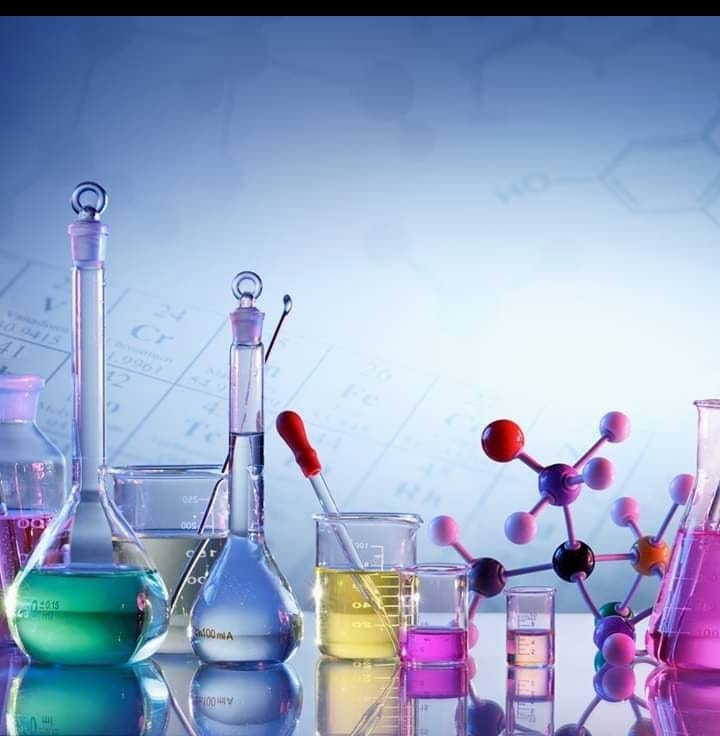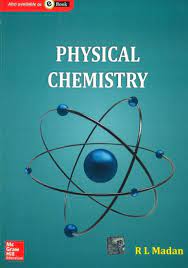Module 1:Atomic structure and Periodic Classification of Elements
Module 2 :Nuclear Chemistry
Module 3 :Polymer Chemistry
Module 4 :Chemistry in Biological Process
Module 5 : Chemistry in action
Module 6 :Environmental Chemistry

- Teacher: Dr Sherine Alex Chemistry
Aim of the Course: The course deals with organic compounds like alcohols, aldehydes, ketones, ethers, acids and their properties. The course also describes the principles of spectroscopy and spectral applications to organic molecules and also introduces the fundamentals of green chemistry and supramolecular chemistry.
Objective of the Course: The students will get an interesting idea about the preparation and properties, mechanism of
reactions of many organic conversions and of organic compounds. They will also get sufficient knowledge to interpret
spectrum of organic compounds and the novel areas of organic chemistry – the supramolecular and green chemistry.
Module I: Alcohols, Phenols and Ethers
Module II : Aldehydes and Ketones
Module III: Carboxylic acids, Sulphonic acid and their Derivatives
Module IV: Organic Nitrogen Compounds
Module V: Organic Spectroscopy I
Module VI Organic Spectroscopy II
Module VII: New Frontiers in Organic Chemistry

- Teacher: Dr. Sheeba Alexander Chemistry
- Teacher: Dr.Anoop M R Chemistry
Aim of the course: The main objective of this course is to help students to learn the important multidisciplinary areas of bioinorganic chemistry and organometallic chemistry. The main theme of this course is the importance of fundamental concepts needed to understand transition metal chemistry, including transition meta l ions in biological systems and about the inner transition elements and the principles of coordination chemistry. The course also describes about the general principles of isolation and purification of elements and instrumental methods of analysis.
Objectives: Students, upon completion of this course, will gain exposure and practice in the areas of inorganic
chemistry which include coordination chemistry, transition and inner transition elements. Students will have a
thorough understanding of the classification of several organometallic reactions and will be able to identify the
role of organometallic compounds in organic synthesis. Instrumental methods of analysis and general principles
of isolation of elements help the students to understand about the experimental techniques used in chemistry and
how the elements are isolated from their ores.
Module I Transition and inner transition elements
Module II Coordination Chemistry
Module III Organometallic Compounds
Module IV Bioinorganic Chemistry
Module V General Principles of Isolation of Elements
Module VI: Instrumental Methods of Analysis

- Teacher: Anju Mathew Chemistry
- Teacher: Dr. Sunesh C. D. Chemistry
- Teacher: Sheeba Baby Alex Chemistry
Aim of the course: This course is an introduction to different states of matter and provides a firm foundation for understanding the physical principles that govern chemical systems. The course also describes the principles of chemical thermodynamics and group theory.
Objectives: Students, upon completion of this course, will gain exposure and practice in the areas of physical chemistry
which include gas and liquid properties, thermodynamics, and group theory. The laws of thermodynamics form the
appropriate organizational tool to understand the chemistry of bulk systems.
Module I – Gaseous state
Module II – Solid state
Module III – Liquid state and Dilute solutions
Module IV – Thermodynamics I
Module V – Thermodynamics II
Module VI – Group theory

- Teacher: Dr Sherine Alex Chemistry
- Teacher: Dr. Sunesh C. D. Chemistry
- Teacher: Dr.Anoop M R Chemistry
- Teacher: Suja Jacob Chemistry